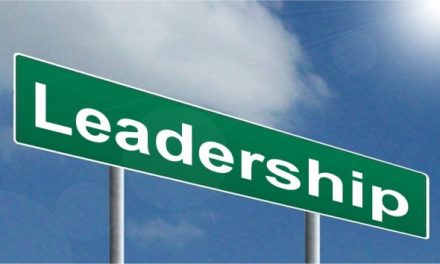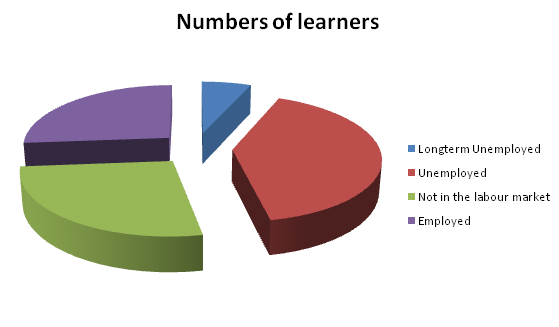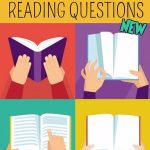Last September 2016 I attended a NALA event to celebrate International Literacy Day. At the event a speaker from Galway ETB gave a presentation entitled ‘Stay in your Hula Hoop’ … which was actually about managing professional boundaries! She outlined the many scenarios that adult educators can be in that can make it challenging for us to manage our professional boundaries. Her honest stories reminded me a lot of the work we all did together in 2014 when we developed the ‘Managing Professional Boundaries’ document. It was a real team effort with all staff contributing to it through meetings, workshops and written submissions. It is great to see, now 3 years on that the document is being used throughout Kerry ETB and was adapted for use in the schools and across Further Education and Training provision.
We all had really constructive discussions when the document was being developed. We could all cite examples of when we felt ill at ease, when it was most difficult and strategies we used. It was through real sharing that we all learned so much.
At the time we felt that it was important to develop a document that we could use as a guide to help us maintain our professionalism in a wide variety of situations. The aim was to clarify the boundaries between professional and personal relationships. This document is available on the website (click here to download it) and also available from your Adult Literacy Organiser.
Part of the learning for us all on developing the policy was in defining the difference between helpfulness and friendships. Our professional relationships always focus on the educational needs of the learners. The focus on helping learners is from an empowering mode of practice and is focussed on meeting learners educational needs.
The document deals with a number of different areas such as providing advice, being approachable, respecting confidentiality, identifying warning signs and self-awareness.
It has guidance on a number of issues such as alcohol and illegal substances, creating dependence, personal disclosures, financial issues, when professional boundaries are breached by a learner and more.
It is good for us all to read the document from time to time to remind ourselves, support ourselves and to affirm our practice.






